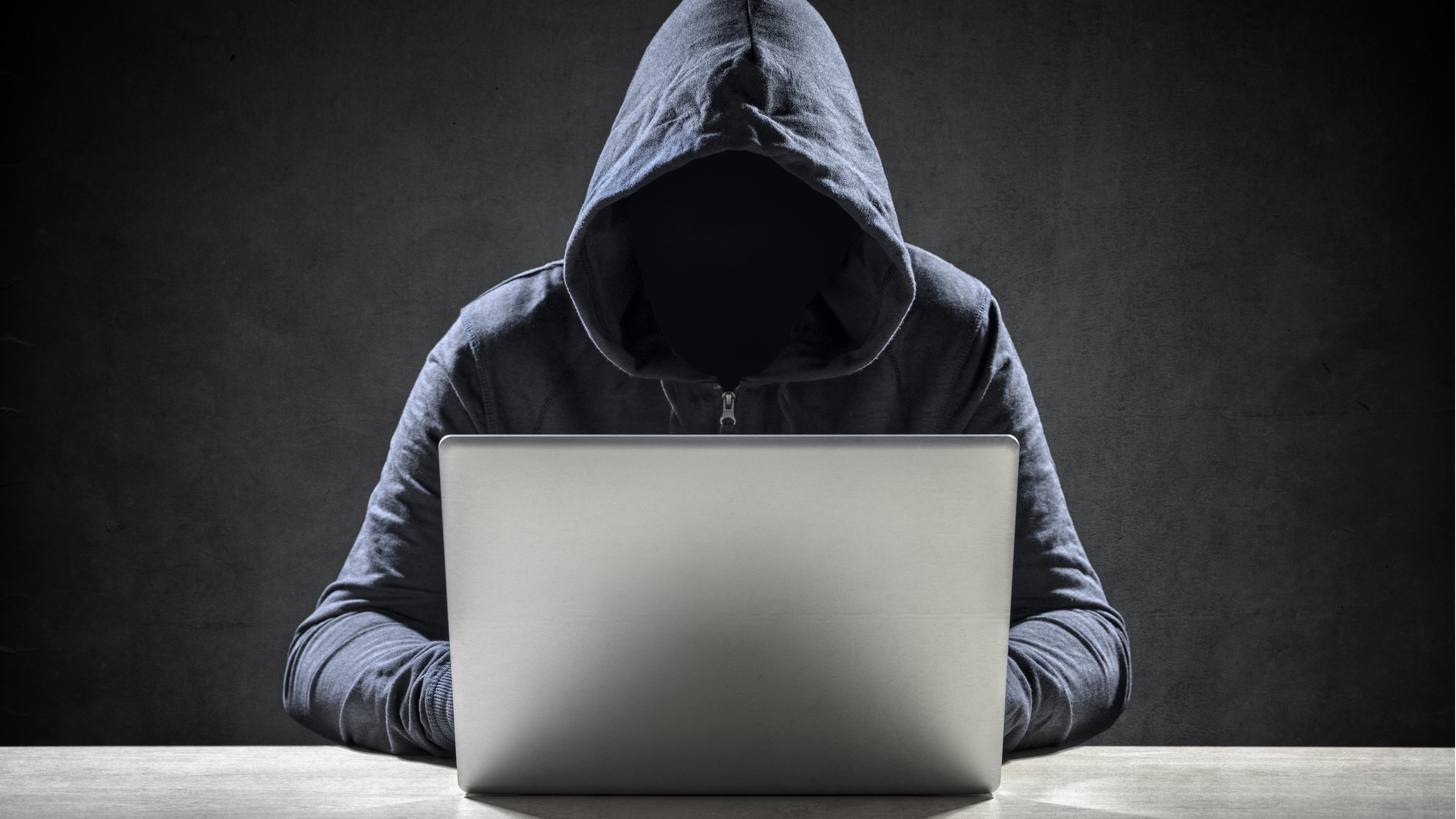Why Now Is the Best Time to Protect Yourself From Potential Fraud
You can implement these easy measures today to reduce the risk of financial harm from exposed data.


Profit and prosper with the best of Kiplinger's advice on investing, taxes, retirement, personal finance and much more. Delivered daily. Enter your email in the box and click Sign Me Up.
You are now subscribed
Your newsletter sign-up was successful
Want to add more newsletters?

Delivered daily
Kiplinger Today
Profit and prosper with the best of Kiplinger's advice on investing, taxes, retirement, personal finance and much more delivered daily. Smart money moves start here.

Sent five days a week
Kiplinger A Step Ahead
Get practical help to make better financial decisions in your everyday life, from spending to savings on top deals.

Delivered daily
Kiplinger Closing Bell
Get today's biggest financial and investing headlines delivered to your inbox every day the U.S. stock market is open.

Sent twice a week
Kiplinger Adviser Intel
Financial pros across the country share best practices and fresh tactics to preserve and grow your wealth.

Delivered weekly
Kiplinger Tax Tips
Trim your federal and state tax bills with practical tax-planning and tax-cutting strategies.

Sent twice a week
Kiplinger Retirement Tips
Your twice-a-week guide to planning and enjoying a financially secure and richly rewarding retirement

Sent bimonthly.
Kiplinger Adviser Angle
Insights for advisers, wealth managers and other financial professionals.

Sent twice a week
Kiplinger Investing Weekly
Your twice-a-week roundup of promising stocks, funds, companies and industries you should consider, ones you should avoid, and why.

Sent weekly for six weeks
Kiplinger Invest for Retirement
Your step-by-step six-part series on how to invest for retirement, from devising a successful strategy to exactly which investments to choose.
Recently, a client shared a harrowing experience. The client’s parents received a phone call from someone claiming to be their grandson. The connection was filled with static, but the grandson was allegedly in jail and urgently needed bail money wired to him, or he would have to spend the weekend in jail. Frantic to help their grandson, they assured him they would immediately wire the funds.
As soon as they hung up, they began to feel uneasy. Thankfully, their instincts kicked in, and they decided to call their grandson directly, who, much to their relief, answered the phone. The grandson quickly confirmed that he was safe and sound, and the client’s parents narrowly avoided falling victim to a common scam.
In the same few weeks, we also learned that a hacking group called “USDoD” managed to break into the systems of National Public Data, which handles background checks. The scale of this breach was mind-boggling as nearly 3 billion rows of records were potentially exposed. Social Security numbers, addresses and other personal data were released on the dark web, dramatically increasing your risk of identity theft.
From just $107.88 $24.99 for Kiplinger Personal Finance
Become a smarter, better informed investor. Subscribe from just $107.88 $24.99, plus get up to 4 Special Issues

Sign up for Kiplinger’s Free Newsletters
Profit and prosper with the best of expert advice on investing, taxes, retirement, personal finance and more - straight to your e-mail.
Profit and prosper with the best of expert advice - straight to your e-mail.
These two events reinforced the alarming rise in financial crimes, which are becoming more frequent, widespread and sophisticated. It is essential for us all to take proactive measures to protect ourselves. Cybersecurity Ventures estimates that in 2024, global damage costs from cybercrime will be about $9.5 trillion.
So, what steps can you take to protect yourself?
How to protect yourself from fraud
In the case of my client’s parents, they did everything right. Though the scammer did an excellent job of creating a sense of urgency, they slowed down, didn’t give out any personal financial information, verified the source of the request and trusted their instincts.
But what about the data breaches that are beyond our control? There are easy measures you can implement today to reduce the risk of financial harm from exposed data. These steps are not only effective but also easy to implement.
- Freeze your credit with all three major credit reporting agencies (Equifax, Experian and TransUnion). You can call or request a freeze online, but you must contact each agency. It takes only a few minutes.
- Set up email or text notifications on financial accounts. This will notify you when there is a withdrawal or charge from your account.
- Enable multifactor authentication. This sends a code to your phone or email address to access your account. This is an extra layer of security that is critical for financial accounts.
- Set up an account with the Social Security Administration. Do this before hackers can set up one in your name and with your Social Security number.
- Store all your login credentials in a password manager. This allows you to use more sophisticated passwords and ensures you’ll never forget them again.
- Never click links. Unless you know the sender and are expecting the email, don’t click on any links. If in doubt, confirm with the sender. The safest thing to do is to delete the email or text.
- Set up antivirus software on your computer. This software monitors and scans your computer periodically to protect against potential viruses. It is essential to potentially eliminate fraudsters from invading your information.
- Install virtual private network software. A VPN provides a safe way to browse the internet. This software easily installs on your computer and should always be on when browsing a network away from home.
Keep your guard up
The key to protecting your confidential information and financial accounts is to stay alert and trust your instincts. Be cautious of requests for financial information or money, always verify the source of the request, take all the necessary protections listed above and regularly monitor your financial accounts. Vigilance is your best defense.
Related content
- Is Identity Theft Protection Worth It?
- Five Biggest Frauds To Watch Out for in 2024
- 10 States Where Fraud Is Rampant. Is Yours on the List?
The information provided here is not investment, tax or financial advice. You should consult with a licensed professional for advice concerning your specific situation.
Profit and prosper with the best of Kiplinger's advice on investing, taxes, retirement, personal finance and much more. Delivered daily. Enter your email in the box and click Sign Me Up.

Mario R. Hernandez, Principal at Longevity Wealth Management, has been a Certified Financial Planner (CFP®) since 1994 and brings a vast amount of experience in the financial planning and investment management business. Mario previously headed up the wealth management division at Gemmer Asset Management LLC and provided clients with holistic planning and helped prepare them for retirement.
-
 The New Reality for Entertainment
The New Reality for EntertainmentThe Kiplinger Letter The entertainment industry is shifting as movie and TV companies face fierce competition, fight for attention and cope with artificial intelligence.
-
 Stocks Sink With Alphabet, Bitcoin: Stock Market Today
Stocks Sink With Alphabet, Bitcoin: Stock Market TodayA dismal round of jobs data did little to lift sentiment on Thursday.
-
 Betting on Super Bowl 2026? New IRS Tax Changes Could Cost You
Betting on Super Bowl 2026? New IRS Tax Changes Could Cost YouTaxable Income When Super Bowl LX hype fades, some fans may be surprised to learn that sports betting tax rules have shifted.